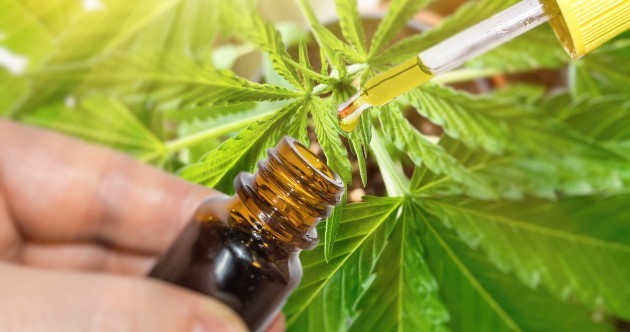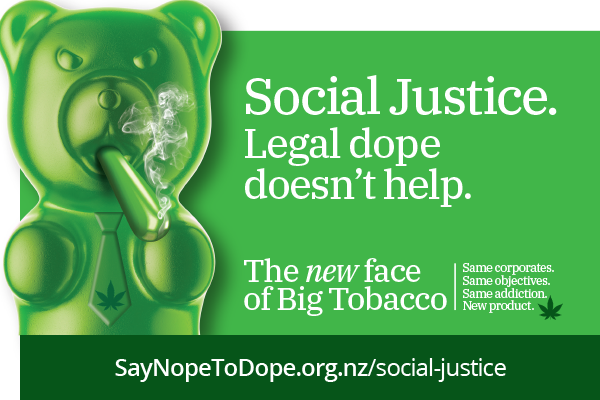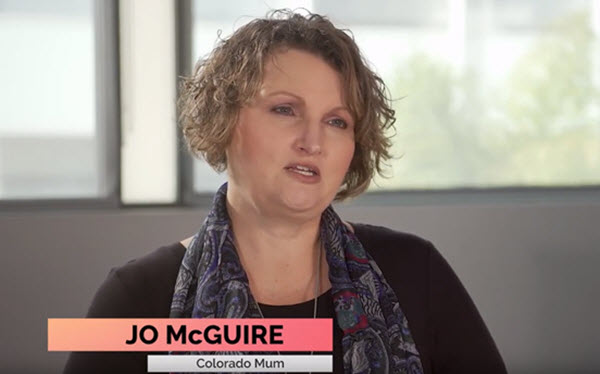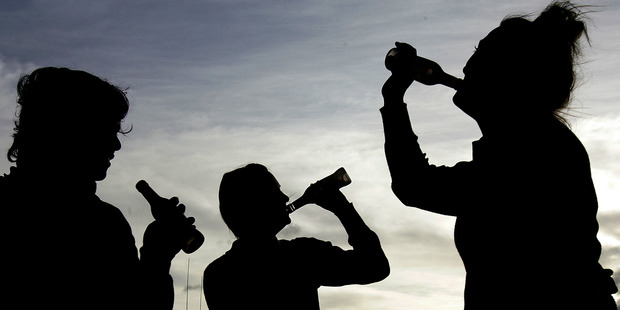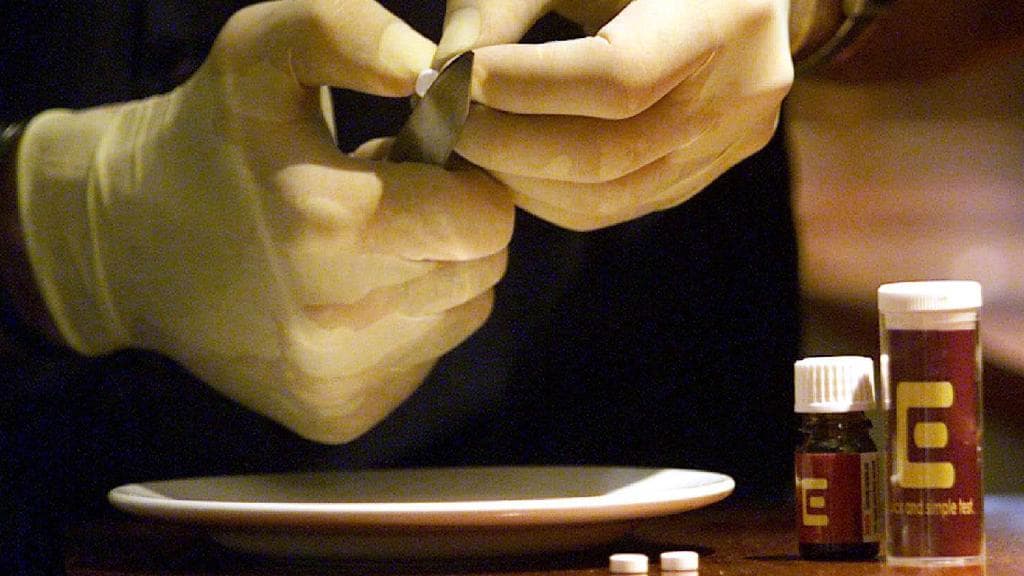
MercatorNet 20 November 2019
Family First Comment: Many highly successful health education campaigns in this country have aimed at changing behaviour. Fewer people now die of smoking. Campaigns like ‘Slip, Slop, Slap’ have reduced the incidence of skin cancers in young adults. Education has reduced road injuries and deaths, gun deaths, and the prevalence of HIV and AIDS. This success over the last twenty years is due to strategic public health campaigns. The growing problem of illicit drug use extends beyond music festivals. It may be the first contact many young people have with dealers, but often it is not the last. Given the right advice, our young people are capable of making good decisions. Targeting behaviour through health promotion campaigns, not pill-testing, is the solution to this growing problem.
Summer is around the corner in Australia and with the warmer weather young people will gravitate to music festivals around the country. These gatherings also draw enterprising drug dealers, eager for new customers and cash.
An Australian study found that at a recent major festival, almost 75 percent of patrons interviewed reported using illicit drugs. For this reason these events are coming to be called “drug fests”, which is a shame, considering the musical talent they pull.
Of the 75 percent, almost 60 percent named MDMA as their preferred party drug. Users have nicknamed methylene dioxy methamphetamine “Molly”. Molly, also called Ecstasy, induces feelings of empathy and turns everyone into a brilliant dancer, so she sounds like the perfect friend to take along to a music festival. In reality however, she is a nasty little pill and just a bit psycho. She promises to love you one minute, and tries to kill you the next.
MDMA, you see, damages the heart. Specifically, it affects the left ventricle, which can cause cardiac failure. I regularly nurse cardiac failure patients in Hobart, and most of them are in their 70s and 80s. Many years of living and hard work damage the heart’s contractility and ability to pump blood. Fluid starts to fill the lungs, making breathing difficult. In an acute phase, these patients feel like they’re drowning. They struggle to breathe and need aggressive medical treatment.
‘A safe party drug doesn’t exist’
As every festival season rolls around the subject of pill testing comes up. We debate the pros and cons with very little real data. We now know more about the damage MDMA does to the heart, but it also has a potentially catastrophic effect on mental health.
Molly causes the excessive release of serotonin, “the happy hormone,” in the brain. This is what gives users the mood-elevating effects, but it leaves the brain significantly depleted of serotonin, resulting in negative psychological effects that lasts for days. Basically, it leaves you depressed. We need to look closely at youth suicide rates linked to MDMA use, particularly, in the period after big multi-day music festivals. There is much more research to be done about this.
In bioethics we weigh up beneficence and non-maleficence. We want to benefit people, or at least “do no harm”. Pill testing is a harm reduction strategy, premised on the belief that, “Kids will do drugs anyway, so let’s help them do drugs in a safer way.”
The Drugs and Information Monitoring System (DIMS) in the Netherlands is commonly regarded as the world’s best drug early warning system. It is operated by the Trimbos Institute, whose Dr Daan van der Guow told the ABC last summer that festival drug testing is “not really a bad thing”. But he also pointed out that “a safe drug doesn’t exist”. He went on to say that, like the DIMS-model of drug-checking, the model being proposed in Australia, will not entirely prevent deaths.
Over two years of trials in the UK some 2000 pills have been tested. About eight in ten festival-goers were getting the drug they expected. About one in ten chose to bin their pills.
Andrew Leibie, a scientist at Safework Laboratories, criticises the program, noting that on-site drug testing is technologically limited and cannot detect new designer drugs such as N-Bomb, linked to three deaths in Melbourne. It also does not test for concentration and high doses of Methamphetamine, which can be fatal on its own.
Why not behaviour change?
When smoking was found to cause lung and other cancers, as well as heart disease and stroke, we did not invest heavily in harm-reduction strategies. Smoking was and is a huge burden on our health system and budget. It has taken serious targeted and consistent health promotion strategies to address this. Health departments produce educational material and use media and school-based Health education to inform people that smoking causes disease.
Many highly successful health education campaigns in this country have aimed at changing behaviour. Fewer people now die of smoking. Campaigns like ‘Slip, Slop, Slap’ have reduced the incidence of skin cancers in young adults. Education has reduced road injuries and deaths, gun deaths, and the prevalence of HIV and AIDS. This success over the last twenty years is due to strategic public health campaigns.
The growing problem of illicit drug use extends beyond music festivals. It may be the first contact many young people have with dealers, but often it is not the last. Given the right advice, our young people are capable of making good decisions. Targeting behaviour through health promotion campaigns, not pill-testing, is the solution to this growing problem.
We want to protect the lives of our young people and reduce harm. Let’s get to work on a strategic health promotion plan to keep our young people safe and healthy. While I can’t support pill-testing, sitting back is not an option.
READ MORE: https://www.mercatornet.com/features/view/molly-is-a-nasty-little-pill-and-festival-testing-wont-make-it-safe/23076






